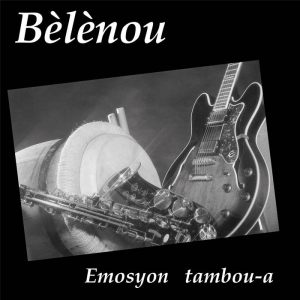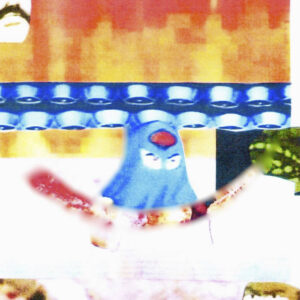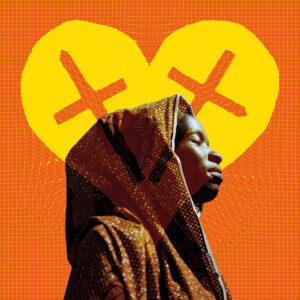I will be preparing for travel and starting a new job in August, so no review today. I leave you with The Beaters, a rock band out of South Africa. From their YouTube page:
“Step into the pulsating rhythms of South African Afro-rock with The Beaters and their iconic album “Harari.” Released in 1975, this masterpiece encapsulates the spirit of a nation in transition, blending infectious grooves with soulful melodies to create a sound that is uniquely African yet universally appealing. Led by the charismatic Selby Ntuli on guitar and vocals, The Beaters underwent a profound transformation, embracing their African roots and infusing their music with a newfound sense of identity and purpose. Joined by the formidable rhythm section of Alec Khaoli on bass and Sipho Mabuse on drums, along with the talented Monty Ndimande on lead guitar, the band embarked on a musical journey that would redefine the landscape of South African music. “Harari” is a testament to The Beaters’ evolution as artists, as they seamlessly blend rock, funk, and indigenous influences to create a sound that is both timeless and revolutionary. Tracks like the title track “Harari,” “Push It On,” and “Thiba Kamoo” pulsate with energy and vitality, while soulful ballads like “Love Love Love” showcase the band’s versatility and depth. But “Harari” is more than just an album—it’s a statement of defiance and resilience in the face of adversity. As apartheid gripped the nation, The Beaters used their music as a platform for social change, delivering messages of hope and empowerment to audiences across South Africa. With their infectious rhythms and infectious spirit, they brought joy and inspiration to countless fans, proving that even in the darkest of times, music has the power to unite and uplift. As we listen to “Harari” today, we are reminded of the band’s enduring legacy and the impact they had on generations of musicians to come. Their music continues to resonate with audiences around the world, speaking to the universal themes of love, freedom, and the human experience. “



